Training the Samurai Mind: A Bushido Sourcebook
£16.70£18.00 (-7%)
Through the ages, the samurai have been associated with honor, fearlessness, calm, decisive action, strategic thinking, and martial prowess. Their ethos is known as bushido, the Way of the Warrior-Knight.
Here, premier translator Thomas Cleary presents a rich collection of writings on bushido by warriors, scholars, political advisors, and educators from the fifteenth century through the nineteenth century that provide a comprehensive, historically rich view of samurai life and philosophy. Training the Samurai Mind gives an insider’s view of the samurai world: the moral and psychological development of the warrior, the ethical standards they were meant to uphold, their training in both martial arts and strategy, and the enormous role that the traditions of Shintoism, Buddhism, Confucianism, and Taoism had in influencing samurai ideals.
The writings deal with a broad range of subjects–from military strategy and political science, to personal discipline and character development. Cleary introduces each piece, putting it into historical context, and presents biographical information about the authors. This is an essential read for anyone interested in military history and samurai history, and for martial artists who want to understand strategy.
Read more
Additional information
| Publisher | Shambhala Publications Inc (1 Sept. 2009) |
|---|---|
| Language | English |
| Paperback | 288 pages |
| ISBN-10 | 1590307216 |
| ISBN-13 | 978-1590307212 |
| Dimensions | 14.02 x 1.85 x 21.54 cm |

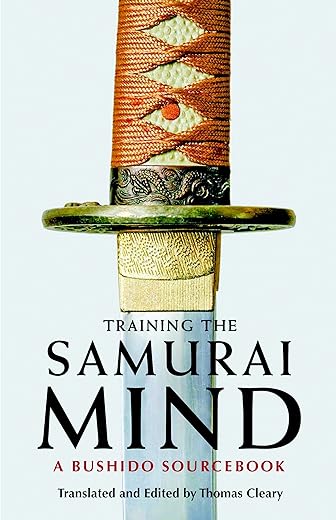
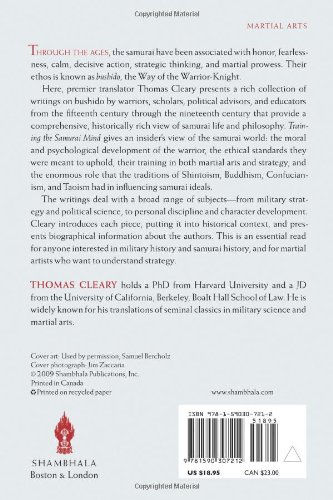
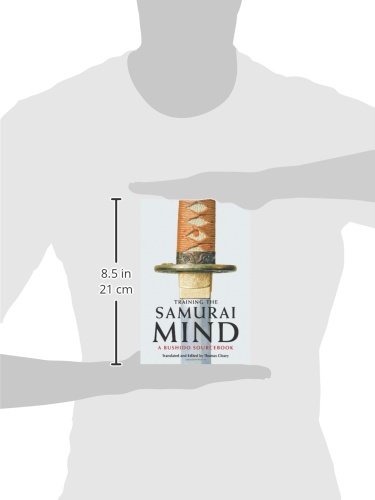
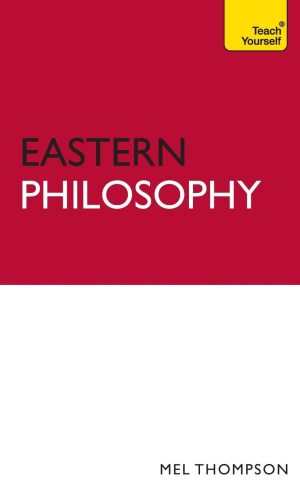



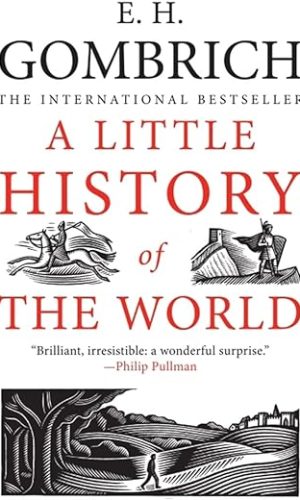
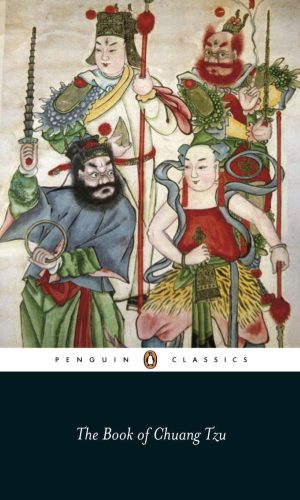

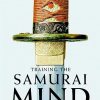
by Ms. H. S. Kelly
there is a lot to learn from this warriors . Associated whet humor,fearlessness calm, decisive action .strategic thinking, and
moral .
Personal discipline and character development..
It work’s fore me.
Have a good time whet the book.
by T. Nutley
A very good book I’ll read it again
by petezy
An insightful collection on Samurai thinking.
Anyone who read The Book of Five Rings, who is interested in mental strategy, should also read this.
by Ms. H. S. Kelly
I ADMIRE ALL THINGS JAPANESE AND I DO ADMIRE THE BOSHIDO CODE SO I LOVED THIS BOOK.
by michael freestone
Good
by Karl Hawkins
Great Book, one again bought as used but in prestine condition, a great read for anyone who likes this culture
by Uffe
I found this book by accident in a way. I thought i was buying a “how to” guide but upon reading it is a very good and informative book!
by Lark
This is a great production, its really worth owning this even if you have the book or kindle book, the content is, of course, the same but the performance of the voice actor is second to none.
His pronunciation of Japanese authors names, regions etc. is great (to the ear of a non-japanese speaker that is) and I really appreciated his use of tone and inflection throughout. I have found this is important in understanding or enjoying some of these types of texts, written to reflect very carefully observed norms of propriety and culture. Listening to this in the car as I travel each day I really enjoyed it and found it both interesting and enlightening, even uplifting (although this could be a matter of taste) and I am listening to it a second time (it is 32 tracks in all, making journeys of about 45mins at least each day, each way, it took a couple of days to complete one careful listen through).
The content is great, I own this book in physical copy too as I did wish to consider some of it more carefully and commit it to memory or highlight the text. It contains the writings of various authors, with some biographical information or background on each. The core theme is the thinking of Samurai and if you have read Bushido: Spirit of Japan, Hagakure or similar books there is no way this book will disappoint.
The views of the different authors are diverse, some endorse Buddhism, others do not, some are Confucian or Taoist while others are not, some are traditionalists while others qualify their traditionalism in sensible ways or have interesting measured perspectives on history, mythology and the past. I really enjoyed some of the “teaching tales” about great swordsmen, wars and conflicts, although I suspect much of it is retold very subjectively.
There are only one or two accounts that I found sinister, one in which a “secret plan for merger”, ie world domination by Japan, is discussed and another story featuring a master swordsman slaying a servant to make a point about “berserker rage”. I think these reminded me that despite the strong strains of paternalistic rule, honourable servitude, mannerly conduct and culture that there will always be “human, all too human” tendencies to anyone.
Despite the variety there are common themes that emerge, the importance of physical and mental fitness, the “imperturbable mind”, lots of good clarification as to what was meant by “willingness to die”, ie rather than being a “death cult”, seeking martyrdom, glory etc. it is supposed to be a powerful guard against the kind of fear or abreactions which do result in the loss of life. Also some powerful meditations on what a life should be, how it should be lived, lead and what remains as legacy when it is finished, all by virtue of “keeping death in mind”.
It does not possess the kind of morbidity that it could, honestly, I think it is a better idea than denying death, aging or treating the end of life with great aversion, as very, very difficult as all that is. Also, it would be unfair to consider any of this without also considering carefully the context.
A lot of it was composed during violent times, for the attention of violent people, the emphasis, repeated emphasis, upon culture, scholarship (I really loved that part and those authors), learning, wisdom to govern the self and others (I can see why a lot of this material is examined by business and management writers) gives a real clue as to how in Japan the warrior class was civilized over time. Highly, highly recommend this audiobook and the physical copy of the book too.